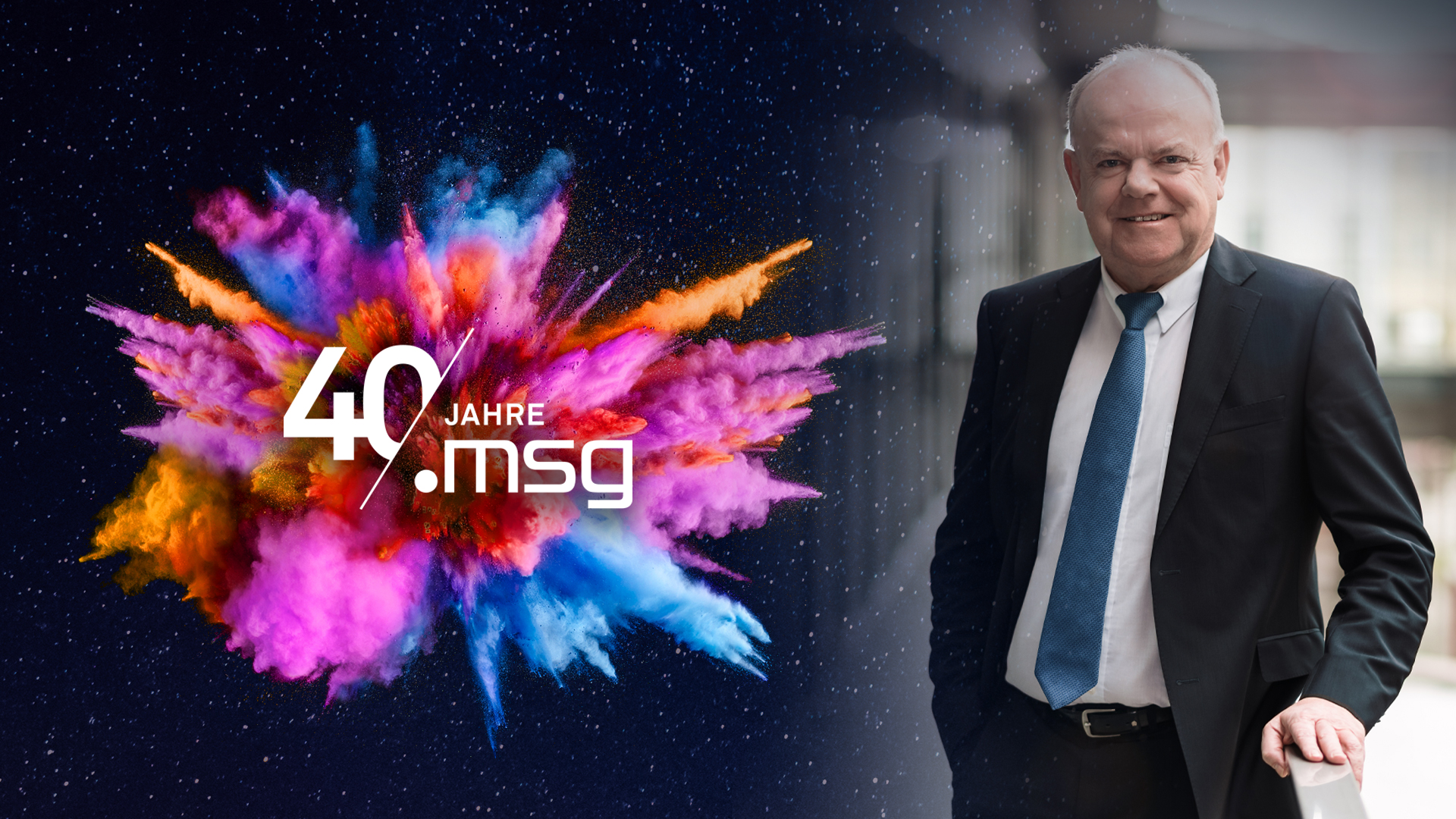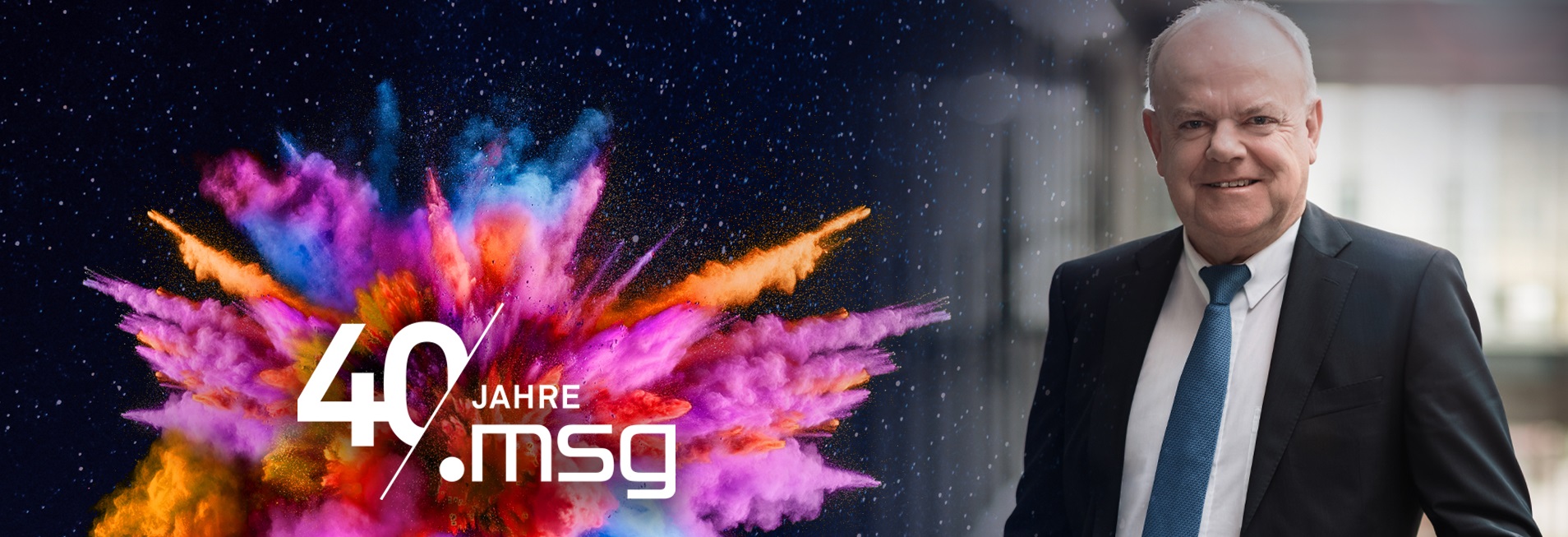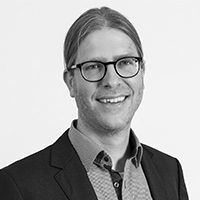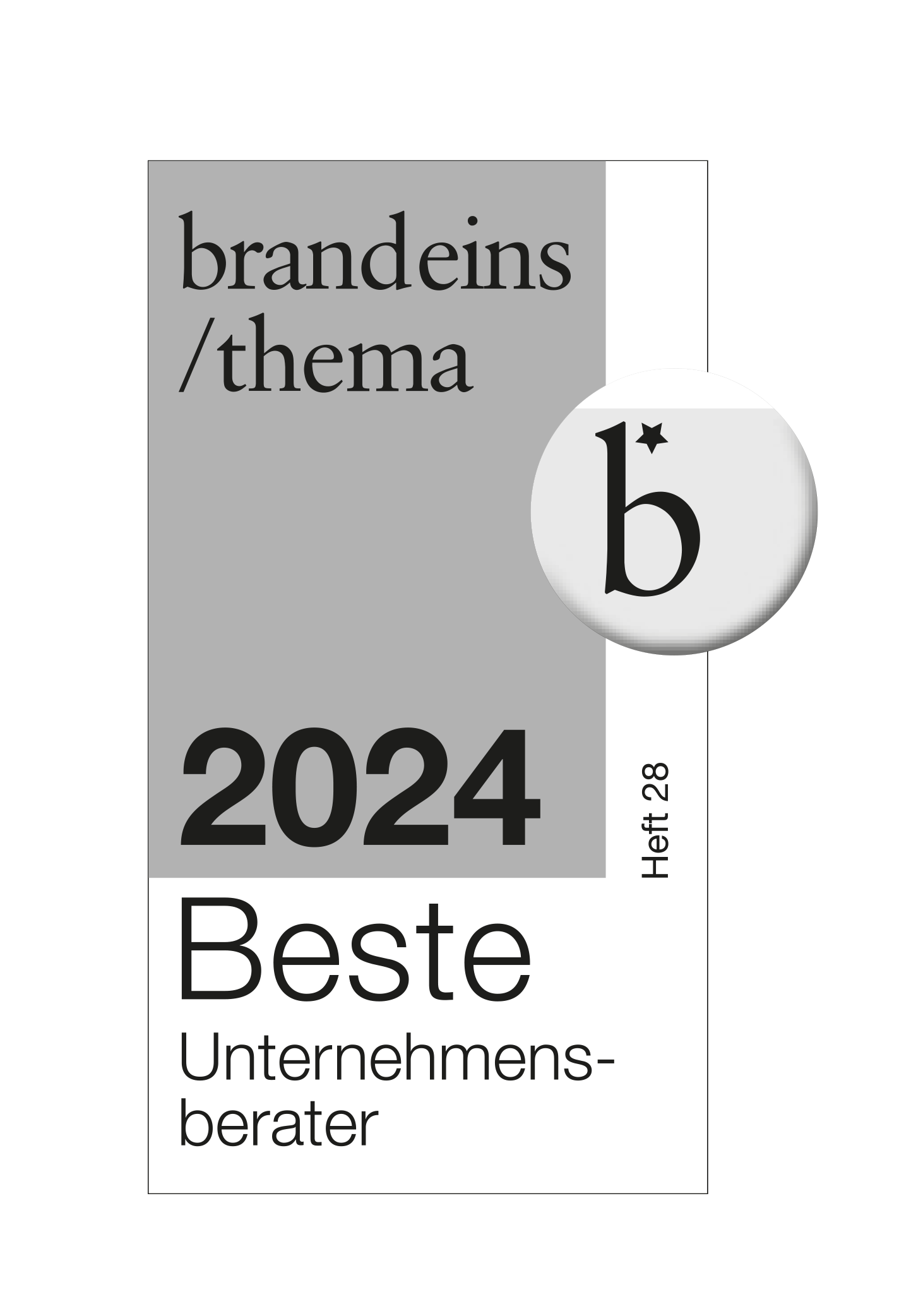16/07/2020
Hans Zehetmaier did not only witness the history of IT. He actively wrote some of it himself. At the end of January 1980, Hans Zehetmaier, Herbert Enzbrenner and Pius Pflügler launched msg systeme GmbH in Munich/Germany. In the next decades, msg made it to the top 10 of the largest IT consulting and system integration companies in Germany, surpassing the magic revenue milestone of one billion Euros, generated by now 8,000 employees in 27 countries. In this interview, the company founder and today’s chairperson in msg's supervisory board recalls the past 40 years.
Mr. Zehetmaier, from three to more than 8,000 employees, from Munich into the wide world: What have you and your colleagues done right in the past 40 years?
We have always been very passionate about our work. Digitalization already fascinated us then and still does today. We always knew that you have to change and keep pace with your competitors if you want your place in the business world. Naturally, this always requires a modicum of luck. All three of us were doing an internship at IBM at that time. We might have stayed there had there not been a hiring freeze back then. Our internship advisor at IBM encouraged us to go into business ourselves and got us our first assignments from companies from the insurance and automotive sectors. That was the basis of msg, the company we then founded. I will never forget the day when we went to the notary.
What happened on this day?
Initially, we wanted to call our company “Münchner Software Gesellschaft” (Munich Software Company). We liked the name. However, the notary thwarted our plans. He asked us to choose another name as Münchner Software Gesellschaft would be rejected by the register of companies. Unfortunately, we had another urgent customer appointment and thus decided to use the three initial letters of the name we had originally chosen. This resulted in msg.

Since the beginning of msg, the challenges for founders have fundamentally changed. Which kinds of difficulties do young entrepreneurs face today, which did not exist in the past?
Today's speed of change is incredibly rapid, much faster than it was back then. Keywords such as KI, IoT and Cloud make it very clear how much things have changed. You have to be very fast to compete. In addition, the competition has grown fiercer. We started at a time that had been shaped by a spirit of optimism and some competition. Bear in mind that numerous companies still used punchcards at that time and that companies heavily depended on only a small number of computer manufacturers. The need for IT solutions was tremendous and we were at the right place at the right time with our core competence.
Do you have any advice for young entrepreneurs?
If you honestly think that you can be successful with a static business, think twice. That is also true for well-established companies.
How do you persist in the IT sector? What is the key to success?
As always in life, it is a mix of different factors. I think that specialization is very important. Those that understand industries and markets have a competitive advantage over others. From the very beginning, we focused on the insurance industry and are still an industry specialist for up to ten different industries today.
Insurance continues to be one of our most important businesses. We also strengthen our position in the insurance industry with our customer and partner event inscom (insurance conference munich). Which brings me to another key element: Partnership. We live in a time of collaboration. New business models can hardly be managed by one company alone. Thus, you come to appreciate a solid and trusting partnership. We always relied and continue to rely on carefully selected and sustainable partnerships.
Which cooperation particularly stands out?
SAP is a prime example for such a reliable partnership. We have been closely associated with each other since 1998. Moreover, SAP is literally the gateway to the world for us. In more than 20 years, we have continuously intensified our relationships. We support customers when selecting and implementing systems from SAP’s portfolio. We also develop innovative solutions based on SAP. Only last year we received the SAP Pinnacle Award for our industry specialization.
What role does corporate culture play when you grow over time to the size of a small town?
As a very young company in the early 80s, we were sustained by a very specific spirit. From the outset, we wanted to be reliable and committed. Early on, we made it our mission that respectful and cooperative interaction is essential for our joint success, even in times of great tension. These are not just words; they are the pillars of our culture. And we know very well that this has made us what we are today. Accordingly, this spirit must never be lost, this is and remains one of our key goals in everything we do.
What are your wishes for the 40th anniversary?
I hope that the entire group of companies will continue to breathe this culture and draw motivation and inspiration from it. Although it may sound excessively overstated: This spirit is the only constant in a constantly and rapidly changing world.



